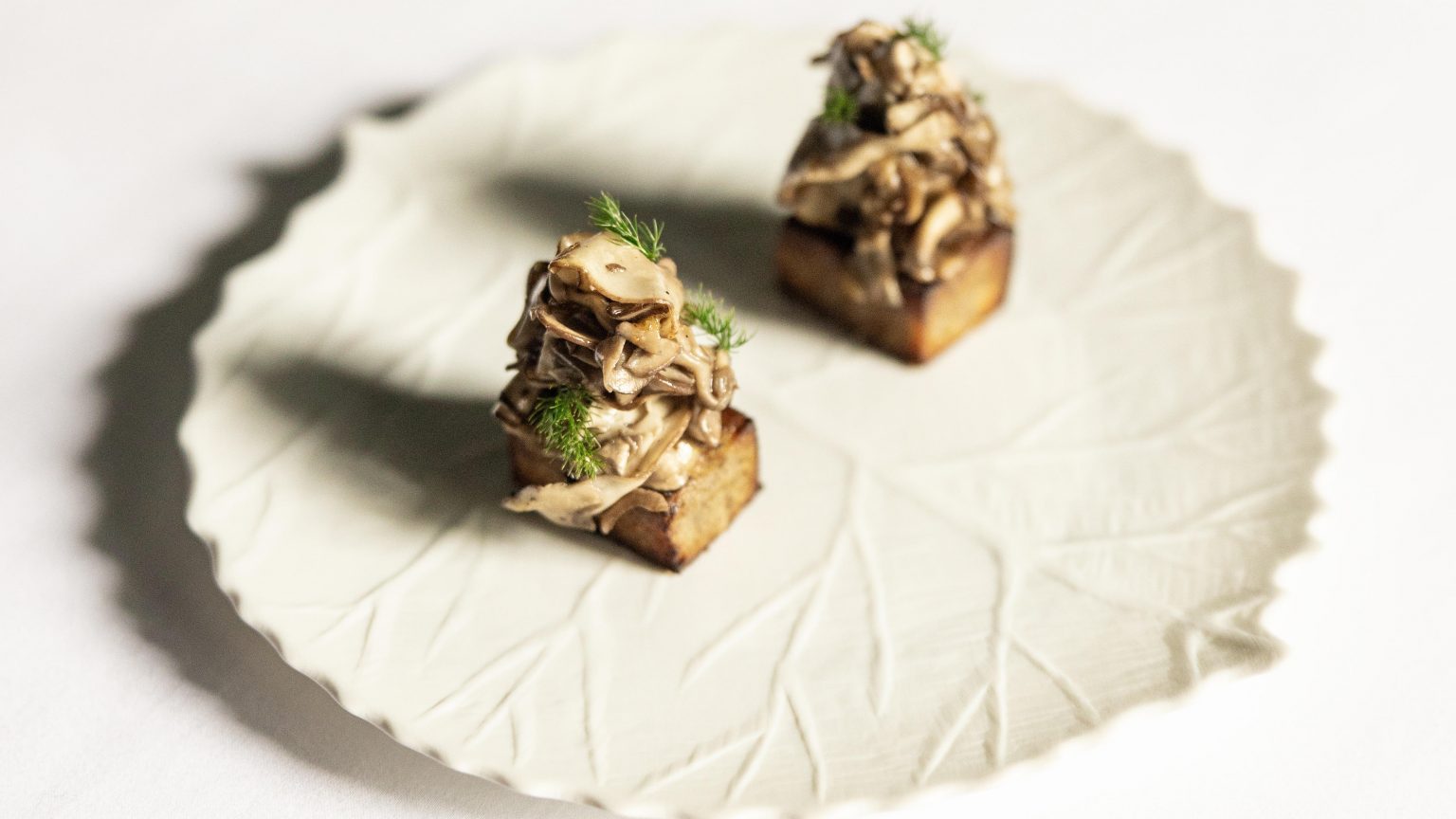A few years ago, I became obsessed with dictionaries of old English slang – among them Grose’s A Classical Dictionary of the Vulgar Tongue (1785), and Kent’s Modern Flash Dictionary (1835). There are also several more recent collections, such as Julie Coleman’s The History of Cant, and numerous volumes by slang specialist Jonathon Green. I recommend them all. Let me give you a taster by sharing some of my favourites in the form of lists – another obsession of mine.
Let’s start with a list of old terms for occupations…
- Shepherd of the anus (proctologist)
- Mutton shunter (police officer)
- Knight of the napkin (waiter)
- Lick-finger (cook)
- Apronman (mechanic)
- Knob-thatcher (wig maker)
- Haberdasher of pronouns (teacher)
Most of the terms from that list come from a few-hundred-years-old English, but “shepherd of the anus” dates back to ancient Egypt. And speaking of anuses, here’s a list of colourful old terms for body parts…
- Getaway sticks (legs)
- Matrimonial peacemaker (penis)
- Prayer-bones (kneecaps)
- Gooseberry grinder (bottom)
- Pudding-house (stomach)
- Idea pot (head)
- Sauce-box (mouth)
I’ll add here that a rare name for a paunch or beer belly from French slang is les trois plis de la sagesse, which means “three folds of wisdom” (I always knew I was wise), and in Austrian slang Backhendl-Friedhof, or “cemetery for fried chickens”.
Returning to old English slang, a penis was also once known as “the gaying instrument” or “the silent flute”, and the mouth as “the potato trap” or “the domino box”. Most of the terms in the list above are from Victorian- and Regency-era Britain, but “getaway sticks” is more recent (1920s) and from across the pond, and it is one of my favourite ever prohibition-era phrases. And speaking of prohibition, here are some slang terms for being intoxicated (and the year their use was first recorded)…
- Bumpsy (1611)
- Drunk as a wheelbarrow (1675)
- Malty (1811)
- Tight as a boiled owl (1882)
- Plum full of bug juice (1894)
- Whittled as a penguin (1906)
- Full to the bow tie (1959)
And here are some expressions for what, for most people, comes after being drunk – the hangover…
- The horrors (1791)
- The jim-jams (1852)
- Barrel fever (1878)
- Feeling like a stewed owl (1892)
- The woofits (1918)
- Mouth like the bottom of a bird cage (1944)
- Cocktail flu (2004)
In 19th-century Britain, feeling unwell in a general sense was often known as “not being up to dick” or feeling “queer as dick’s hatband”. And here’s a list of names for other ailments from the past…
- The unpleasantness (anything bad)
- Scrivener’s palsy (writer’s camp)
- A churchyard cough (one likely to be fatal)
- Strangery (rupture)
- Dropsy (oedema)
- A queer cog (rotten tooth)
- The collywobbles (upset tummy)
A Victorian-era name for temporary sadness was “got the morbs”. An even older term, dating back as far as the 16th century, was “the mulligrubs”. Other phrases about moods included “to grumble in the gizzard” (for being secretly annoyed). Conversely, a Victorian term for someone who was always smiling was “gigglemug”, while “nanty-narking” meant having a good time. And since we’re European, we’ll end with the fact that in Polish slang, someone who is grinning like a Cheshire cat can be described as “smiling like an idiot to his cheese”.
PETER TRUDGILL IS ON SABBATICAL AND WILL RETURN SOON



